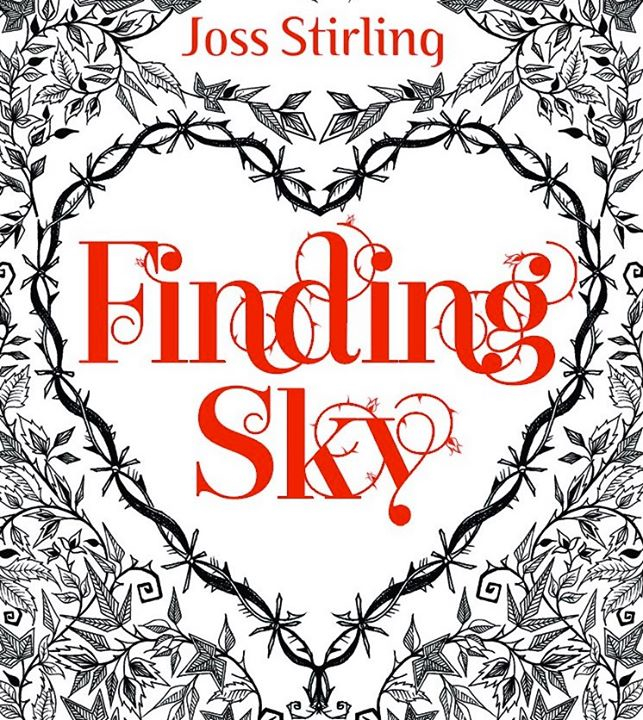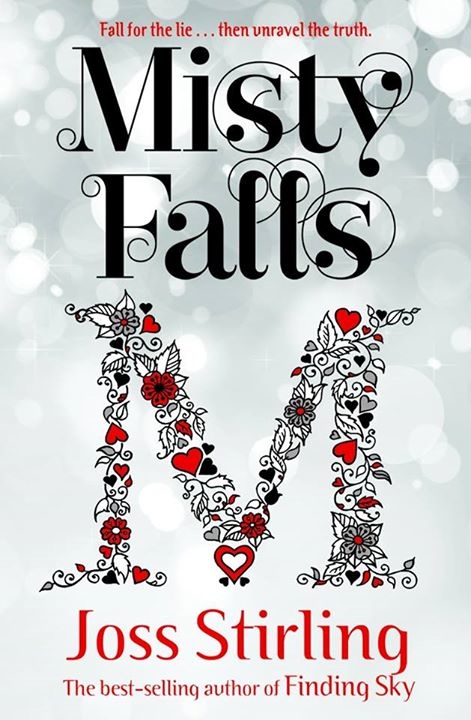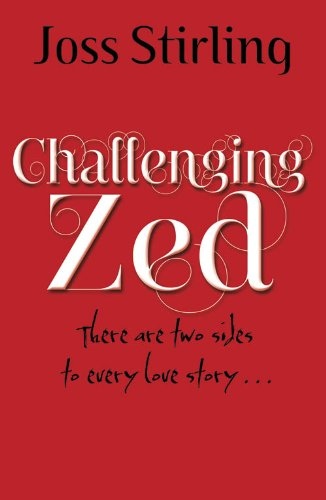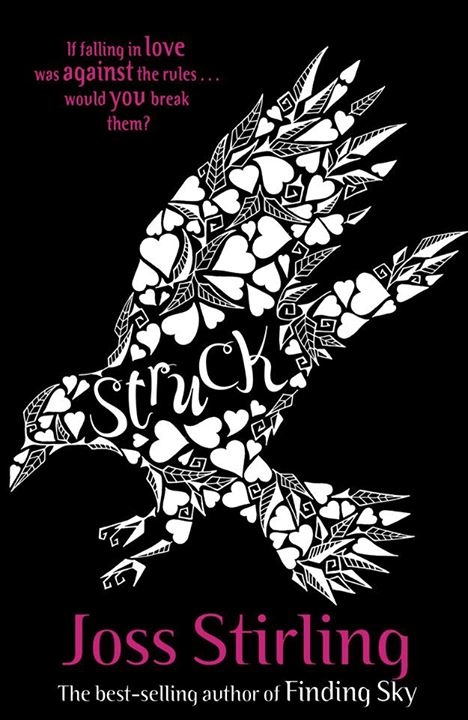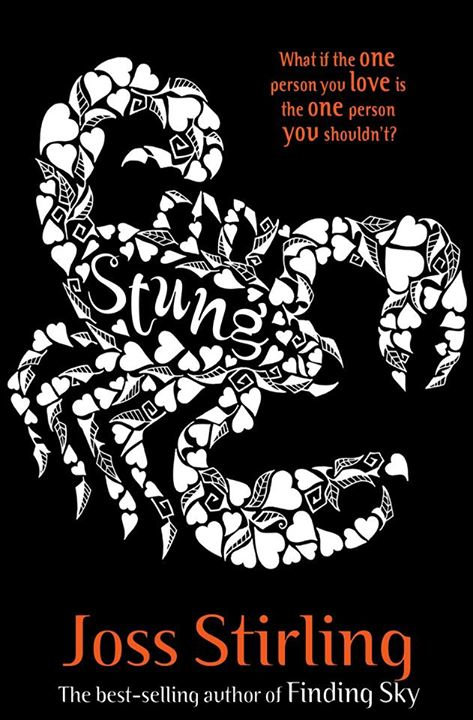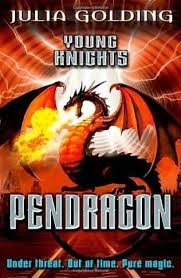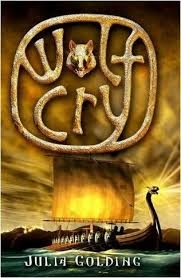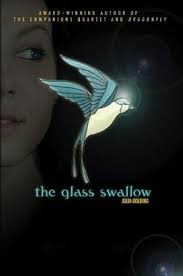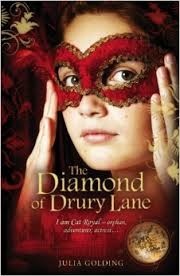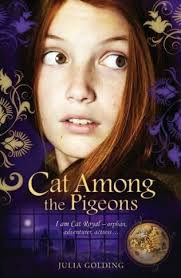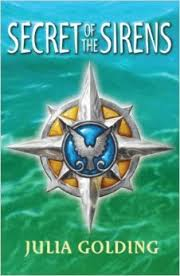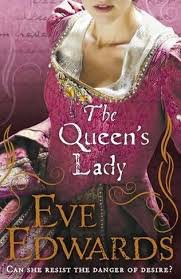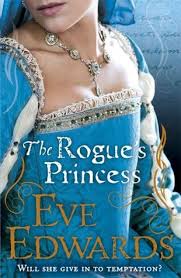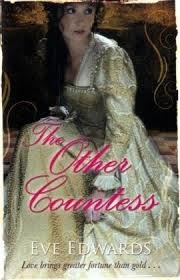YA novelist Joss Stirling is just one identity of the prolific writer also known as Julia Golding and Eve Edwards. She talks to me about juggling personas, why she writes in a café, how writing teen fiction is like Freaky Friday, and her tips for aspiring writers.
So how do you go about being different authors?
I write a lot for my own family. My daughter was reading YA and so I thought I’ll start writing YA, but I already had quite a strong middle-grade presence as Julia Golding. If you have a mixed readership, and you head off and start doing teen romance, you might lose the readership you have.
I’m prolific – it sounds like an illness doesn’t it? It is a problem, in a sense: it’s like logs going down a river and reaching a log-jam.
There’s a way of handling that: you brand different books with different names. Lots of people do it: Iain Banks was Iain M Banks for his science fiction.
There’s the creative element as well. In taking on a different role, you inhabit a different persona.
I know where my limits are as Julia Golding and then if I do a teen romance as Joss Stirling then there’s a bit more room to play with.
I also write historical fiction as Eve Edwards. The last two books I did as Eve Edwards are much more literary, much closer to New Adult.
My own editor - Jasmine Richards at OUP, who also writes - she’s done something similar with her fiction, so she obviously didn’t think it was such a bad idea.
Congratulations to Joss Stirling – she’s been shortlisted for the RONA awards.
Yeah, I’ve got two books on the list, which is quite funny. It probably means I won’t win for either, but I will go along in my frock!
What is Joss Stirling’s voice like?
The Finding Sky series is always in the voice of the main female character. It’s contemporary, but I’m trying to channel my own teenage memories in some senses. I also look around at my own teens in the house, and pick up on that - lots of references to contemporary music and things like that. It’s quite powerful, I think. It keeps me vaguely in touch with some kind of present day teen culture!
The other Joss Stirling series is the Struck series: Storm and Stone and Stung. That one has two points of view. I’m always filtering it through the young person’s point of view, even though it’s third person. I keep away from having a narratorial distance at all. Also in detective fiction, that is a good strategy, because you need to be blinkered.
Could you talk me through your writing routine?
The day routine is easy to explain. I’m very good at managing time. I know that I’m a lark rather than an owl, so I frontload the writing onto the beginning of the day.
When I’m not doing school visits, I will write from about half past eight to about half past ten, in a café. I multi-task at home, whereas I don’t in a café, so my concentration is better.
Being self-employed, you have to impose some discipline on yourself, in whatever way that works for you. When I began writing, I had a baby. I worked around sleep, as you can imagine. Now that’s all gone, but I’m used to having a pattern of short bursts in which you have to be fully creative.
The afternoon is when things start going downhill for me, so I do emails then.
What’s your process for writing a novel?
Working out the chemistry of the central relationship comes first. So I would start by thinking, is this Romeo and Juliet? Is this ‘the other side of the tracks’ kind of story? Is this Beatrice and Benedick, who are really feisty but insult each other?
There are obviously as many permutations of couples as there are couples, but I’d look for some sort of chemistry first.
In the case of the Finding Sky series, by mistake I’d set myself all my heroes, because it was supposed to be a stand-alone. I just nodded to what the brothers were like, whilst describing the youngest one.
So then I had this kind of genius guy, and I thought, who’s the most opposite to that? Somebody who’s on the outside of society, who’s never been to school, is the obvious place to go with that. So you work one character out through the other.
Then I thought, how would you survive like that? Well, you might be a thief. Why would you be doing that if you’re not actually morally corrupt? Who are you scared of?
So you ask yourself questions and then answer them and that gives you your plot.
And the questions arise from the character?
Yes. So if someone is caught in this modern-day Oliver Twist/Fagin situation - how do you get them out of that, without putting them in gaol? How do you not make them too good? The Dickensian way of doing this is to have angels and devils, but you don’t want them to be too goody-two-shoes, so you shade it.
It’s really a series of answered questions.
In terms of technique, while I’m thinking about my characters, I do a character grid. I usually fill it in on a train somewhere. It has ten categories, and they’re things like key memories or habits or what music they like.
I have ten columns and I fill in the grid, so I have 100 pieces of information that I’ve thought about before I write the character. It gives you backstory. You don’t necessarily use it, but it’s there as some kind of depth to the character.
I also collage cut-out pictures of people who are matches in a physical sense.
Writing teen fiction, your heroes are often idealised. Even if they’re not handsome, they’re all gorgeous.
And it helps me to know what teen girls think are gorgeous. This is where you have to dig in and find your inner teen. I find it quite sweet. There’s part of me who’s outside that, as an adult. It’s like doing a mental transferral. You know that film Freaky Friday where they swap bodies? You have to do something a bit like that. How would you look at this, as a teen?
That’s what powers the book. My PhD in English Literature might as well be nothing! It’s whether or not you can think up good heroes for this kind of writing.
That’s another really good thing about having the different pseudonyms. When I have a more literary complicated story to tell, there are other places to go with that.
And how many drafts might you typically do?
The last one I’ve done - Angel Dares, coming out in October - my editor had very little to say on it! That is because we’re so far on in the series, and I knew exactly what I was doing in that book.
Is that the follow-on from Misty Falls?
Yes. It’s my favourite to date. The main character in it is just a complete hoot!
How do you feel about editing and rewriting?
I think it’s great! I find an edit a creative process, and if you are on the right wavelength with your editor, it’s really, really good.
I’ve just done a Julia Golding book, which is middle-grade fiction, coming out in August, and the editor really helped on that one. It’s a bit like smoothing away the blurred edges of plot, making sure everything is really clear. And you sometimes need that.
I find copyediting harder. Sometimes I feel a bit combative, because that’s when you come up against other people’s idea of punctuation and house style. I’m a bit less flexible when it comes to that, funnily enough.
What do you think about Young Adult Fiction at the moment? Is there anyone whose work you admire in particular?
I wished it had existed when I was a teenager! I went straight from Narnia to Thomas Hardy without much in between.
I think it’s very creative. I think the standard of storytelling is much stronger than you find in literary fiction.
It’s always inventive. And fairly diverse: it’s getting better in terms of having a real breadth of stories being told.
The annoying thing is the bandwagon aspect. It’s not the fault of the writers; it’s the fault of the industry. You get phases where certain kinds of books get published, so you have a John Green phase, and you have a dystopian phase and you have a vampire phase or whatever.
Is there a current book that you would send in a time machine back to 14-year-old you?
I read a lot of fantasy when I wasn’t reading Victorian novels. As a teenager I would have enjoyed reading Trudi Canavan, Garth Nix and Tamora Pierce.
So, Lirael and Sabriel, for that library. And Trudi Canavan’s The Novice or The Magicians’ Guild - stories about people training to be something else.
Tips for writing successful YA
· Do you have a really engaging character? Are they people your readership will empathise and identify with?
· Don’t get hung up about getting it right at the beginning. Write your whole book and then make it better. A lot of your creative energy will be frittered away on false starts if you get stuck at the beginning.
· Make sure you really enjoy it: then the energy will be in the writing. It’s got to be the thing you want to do when you get up in the morning.
· Don’t give up the day job! Realistically, writing is not a proper income, so don’t over-estimate how much you will earn.
· Don’t be depressed by rejections. Don’t shrivel up when you get feedback because feedback is part of learning. It’s very hard to take. Being a creative type you are going to be more sensitive. You have to find a way of protecting that, and grow tougher skin.
· On the other hand, do listen to criticism. We all make mistakes. Try and listen to what people are feeding back to you.
Thank you! You can read more about Joss Stirling here or follow her on Twitter here, or on Facebook here.
Read more about Julia Golding here, or follow her on Twitter here, or on Facebook here.
Any young reviewers, you can enter a Joss Stirling competition here.

